There are a few things that need to happen in order to produce muscle growth. You need to use significant load when lifting weights Enough time under tension to create structural damage to the muscle tissue Enough stimuli to up-regulate anabolic hormones and increase protein synthesis Proper recovery and workout nutrition Many people often think that if they lift as heavy as possible, or use as much volume (sets and reps) as possible they will […]
The Fundamentals of Sleeping Better
Getting enough sleep and getting quality sleep is important for optimal overall health and even more so if you are putting in hard work in the gym. While we are sleeping our bodies are able to recover, turn short-term memories into long-term memories and help to improve performance not only physically but also mentally and increase overall happiness.
The optimal amount of sleep to get each night is between seven to nine hours which allows your body to cycle through deeper stages of sleep consisting of NREM (non-rapid-eye-movement) sleep and REM (rapid-eye-movement) sleep. If your body is only getting five to six or even going above and getting nine to ten hours of sleep then this can lead to increases in inflammation, impair focus, slow down fat loss, impair insulin signaling, impair testosterone production and decrease cardiovascular health. 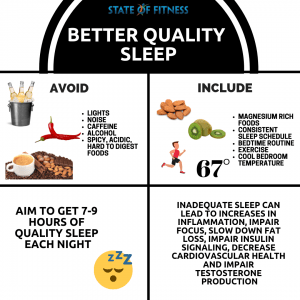
Getting longer and better-quality sleep begins with having a solid nighttime routine to help put your body at ease and relax your mind. Some things that could be hindering your sleep are lights, noise, heat, alcohol, caffeine, and late-night eating. Light exposure regulates your melatonin levels which regulates your biological clock and signals your body when it is time to go to bed. Therefore, avoiding lights and blue lights, such as phones, TVs and computers a few hours before bed will help to increase melatonin levels and induce relaxation or sleepiness.
Having your bedroom too warm that it increases your core temperature can lead to difficulties in falling asleep and decreasing sleep quality. Cooling down your bedroom just enough that it slightly decreases your core temperature can help you fall asleep faster and enter the deeper stages of sleep sooner.
Alcohol may help you to feel relaxed in the evening, but it should be avoided before bedtime because it leads to more sleep disturbances such as having to get up and go to the bathroom and not getting into those deeper stages of sleep.
Caffeine should be avoided within six hours of bedtime since it blocks certain adenosine receptors in the brain that promote sleepiness. Even those avid caffeine drinkers may be able to fall asleep but since caffeine is still circulating through the body it will impair those deeper stages of sleep.
Some things that may help you fall asleep faster and get better quality sleep are to exercise, create a consistent sleeping schedule, consume foods rich in magnesium but not eating within a few hours of bedtime. Creating a bedtime routine and going to bed around the same time each night and waking up around the same time can also help to promote better quality sleep.
Eating right before bedtime can lead to indigestion and heartburn because lying down with a full stomach leads to the stomach contents following back up into the esophagus and causing discomfort. Also, avoid consuming high-fat, spicy and acidic foods before bedtime as those could also lead to heartburn and indigestion. Some nutritious foods that are rich in magnesium such as, almonds, spinach, walnuts may help to induce sleepiness and promote better quality sleep.
Avoid supplementing with magnesium to help you fall asleep because it may lead to intestinal discomfort and diarrhea. Some studies have shown that consuming kiwifruit may lead to better quality sleep due to it being rich in antioxidants and serotonin. So before reaching for the newest and nearest supplement to help promote sleep, try including some of these nutritious foods to help you fall asleep and stay asleep longer as well as provide you with other important nutrients.
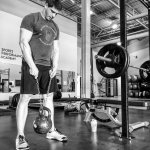

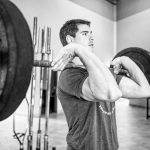

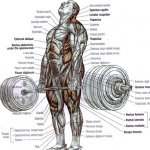

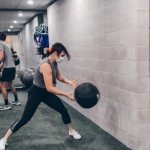
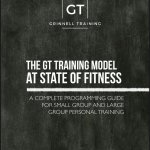


Leave a Reply